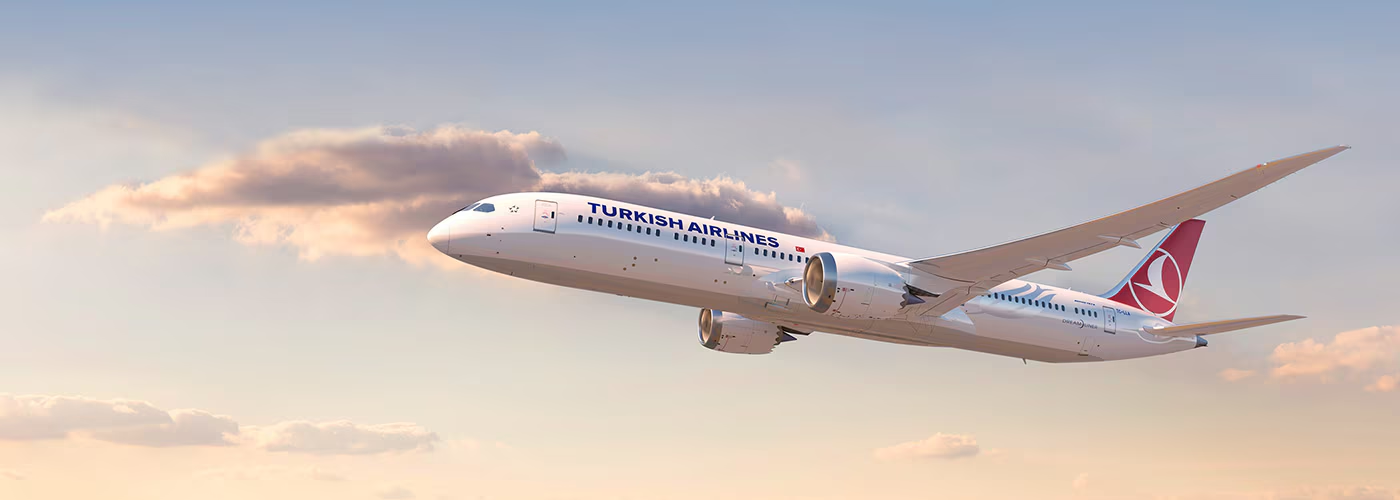Why You Should Never Share a Picture of Your Boarding Pass on the Social Networks?
In the age of social media, it’s become increasingly common for travelers to post photos of their boarding passes online, especially on platforms like Instagram or Facebook often accompanied by the hashtag #boardingpass. While this might seem like a harmless way to share exciting travel plans or start a journey story, security experts warn against the practice due to significant privacy and security risks.
Understanding the Vulnerabilities and advice from experts
Boarding passes, whether paper or digital, contain more than just the traveler’s name and flight number. They include numeric codes, such as the Passenger Name Record (PNR) and other sensitive information, which, with a bit of online investigation, can reveal much more about the traveler. Security researchers have demonstrated how these codes can be exploited to access personal data. For instance, the codes on a boarding pass could be used to log into the airline’s website, potentially allowing unauthorized access to personal details and even the ability to alter future travel plans.

This vulnerability was highlighted in a demonstration by Karsten Nohl, a researcher at an event organized by the Chaos Computer Club. By using codes from an Instagram photo of a boarding pass, Nohl accessed the traveler’s personal area on the Lufthansa website, viewing personal data and modifying flight reservations. Incidents involving public figures, like the former Australian Prime Minister Tony Abbott, who had his personal details exposed after sharing his boarding pass online, show the widespread nature of this security concern. This case, along with others, underlines how sharing boarding pass photos can inadvertently expose personal information to potential hackers or identity thieves.
Technological Solutions for Enhanced Security
The development of more secure ways to present boarding information, such as encrypted QR codes or secure mobile apps, could reduce the risk of sensitive data exposure. Travelers are encouraged to share their experiences in safer ways, such as posting destination photos instead of boarding passes. This maintains the social aspect of traveling without compromising security.
The act of sharing boarding pass photos online, while popular, comes with significant risks. Among other risks, travelers sharing boarding pass information might violate privacy laws or terms of service agreements with airlines, leading to potential legal repercussions. By understanding these risks and taking simple precautions such as obscuring sensitive information while posting a picture showing a boarding pass and considering the timing and content of social media posts, travelers can protect their personal information. The collaboration and effective educational campaigns of travelers, airlines, and cybersecurity experts are crucial in creating a safer digital environment for sharing travel experiences.
Read also: 60,000 American Airlines Advantage Miles Stolen From a Hacker
You might also like:
- Analysis: FIFA World Cup Qatar 2022™ and Air Travel
- B747 vs a380-How Much Are They Worth in 2022?
- The Checks Required To Perform Aircraft Maintenance
- Aviation in Numbers: CAE, Airbus, and Boeing Projections
- Dubai Airshow 2023: What to Expect from this Edition?
Discover more from Aviation for Aviators
Subscribe to get the latest posts sent to your email.














Post Comment